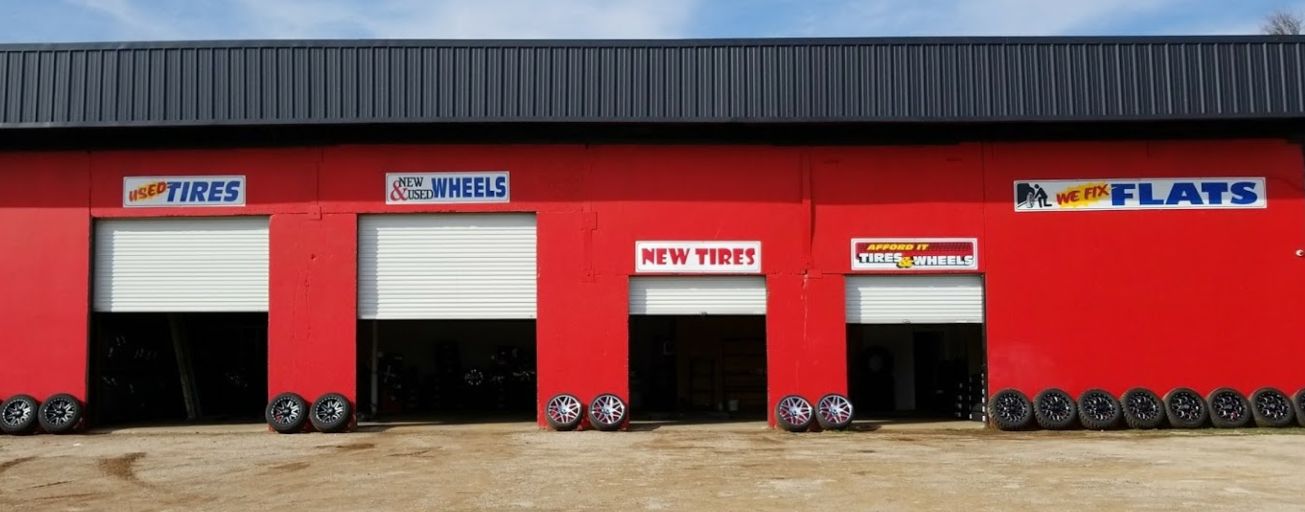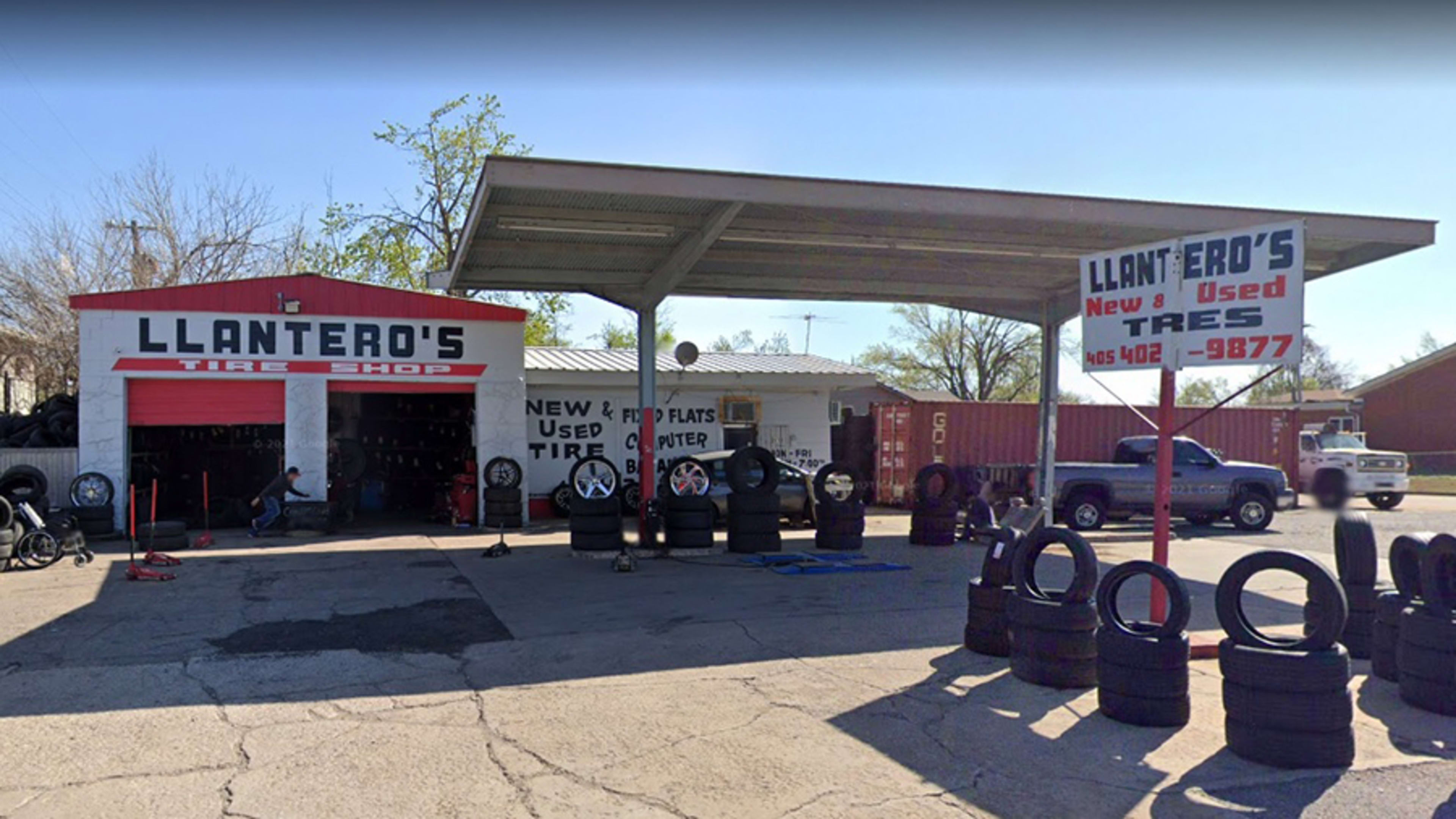Morris Tire Service Quality: Where Know-how Fulfills Your Tire Demands
Morris Tire Service Quality: Where Know-how Fulfills Your Tire Demands
Blog Article
The Ecological Benefits of Proper Tire Maintenance
Preserving appropriate tire treatment is usually overlooked, yet its influence on the atmosphere is extensive. From decreasing gas consumption to lowering discharges output, the advantages are far-reaching. Correct tire upkeep not only expands the lifespan of tires but likewise lowers land fill waste and adds to enhanced air top quality. The interconnectedness of these advantages highlights the critical function that easy maintenance techniques can play in promoting environmental sustainability.
Minimized Fuel Usage
Improving tire maintenance practices can lead to a substantial reduction in gas consumption for vehicles. According to the United State Department of Power, underinflated tires can decrease gas mileage by 0.2% for every 1 psi drop in pressure in all four tires.
Along with tire stress, routine tire turnings and positionings additionally play an essential role in gas performance. Erratically used tires can increase fuel usage as the engine functions harder to keep speed and grip. By maintaining correct placement and revolving tires at advised periods, chauffeurs can guarantee also use and extend the life of their tires, eventually conserving fuel and lowering their carbon footprint.
Extended Tire Lifespan
Expanding the lifespan of tires is an essential facet of effective automobile maintenance methods that can generate expense financial savings and environmental benefits over time. By effectively maintaining tires, chauffeurs can substantially prolong their use, reducing the frequency at which brand-new tires require to be produced and old ones gotten rid of. This not only conserves beneficial sources however likewise reduces the energy and exhausts linked with tire manufacturing and disposal processes.
Consistently checking tire pressure, revolving tires, and making certain correct placement are crucial actions in expanding tire life expectancy. Ample walk deepness is essential for optimal grip and safety and security, yet it additionally contributes in the length of time tires can be made use of before requiring replacement. In addition, avoiding aggressive driving behaviors that increase tire wear, such as rough braking and doglegs, can further improve tire resilience.
Eventually, enhancing the long life of tires with aggressive upkeep not just profits the setting by lowering waste and preserving resources but likewise results in cost savings for vehicle proprietors by delaying the demand for new tire acquisitions.
Reduced Discharges Output
Reliable tire upkeep practices add to a reduction in discharges output, lining up with environmental sustainability objectives in the automobile sector. Correctly filled with air tires, routinely turned and aligned, can enhance fuel performance, thus lowering the total co2 discharges from cars. When tires are underinflated, the engine has to function harder to propel the vehicle, resulting in boosted fuel intake and greater exhausts. By keeping optimal tire stress degrees, motorists can assist minimize these unfavorable environmental effects.
Additionally, properly maintained tires likewise improve grip and decrease rolling resistance, even more enhancing gas effectiveness. This, consequently, lowers the quantity of exhaust gases released right into the environment. Additionally, guaranteeing tires are effectively inflated and aligned can extend the lifespan of the tires, lowering the regularity of tire replacements and the linked ecological prices of tire production and disposal.

Reduced Garbage Dump Waste
Offered the favorable influence of correct tire upkeep on minimizing exhausts outcome, one more significant environmental benefit is the potential for decreased landfill waste. By ensuring that tires are effectively inflated, aligned, well balanced, and revolved routinely, their life expectancy can be substantially prolonged.

Improved Air High Quality
Enhancing air high quality through correct tire maintenance techniques is an essential aspect of lasting environmental stewardship. When tires are underinflated, they develop more rolling resistance, resulting in increased fuel intake and greater discharges of hazardous toxins such as carbon monoxide and nitrogen oxides. Appropriately filled with air tires not only boost fuel effectiveness but likewise minimize the amount of contaminants launched right into the air.
Furthermore, well-kept tires with correct tread depth and placement add to safer driving problems, decreasing the probability of crashes that can cause the release of added toxins right into the atmosphere. By extending the life expectancy of tires with routine upkeep and turning, less tires are discarded too soon, lowering the ecological influence of tire disposal and production processes.
Verdict
To conclude, correct tire upkeep supplies various ecological advantages. By minimizing gas usage, extending tire life-span, reducing exhausts result, decreasing landfill waste, and enhancing air quality, people can add to a healthier world. These initiatives not only benefit the setting but likewise aid to preserve sources and minimize general check my reference ecological impact. It is vital for people to prioritize tire upkeep as a basic yet efficient method to secure the environment for future generations.
Appropriate tire upkeep not only extends the life expectancy of tires however additionally decreases land fill waste and adds to improved air top quality - morris tire. By maintaining correct positioning and turning tires at suggested intervals, chauffeurs can make sure also wear and prolong the life of their tires, ultimately conserving gas and reducing their carbon impact
By correctly preserving tires, chauffeurs can significantly extend their functionality, reducing the regularity at which new tires require to be made and old ones disposed of.Consistently checking tire stress, turning tires, and making sure correct placement are essential actions in extending tire lifespan. Additionally, making sure tires are effectively inflated and lined up can expand the life-span of the tires, decreasing the regularity of tire replacements and the linked ecological prices of tire manufacturing and disposal.
Report this page